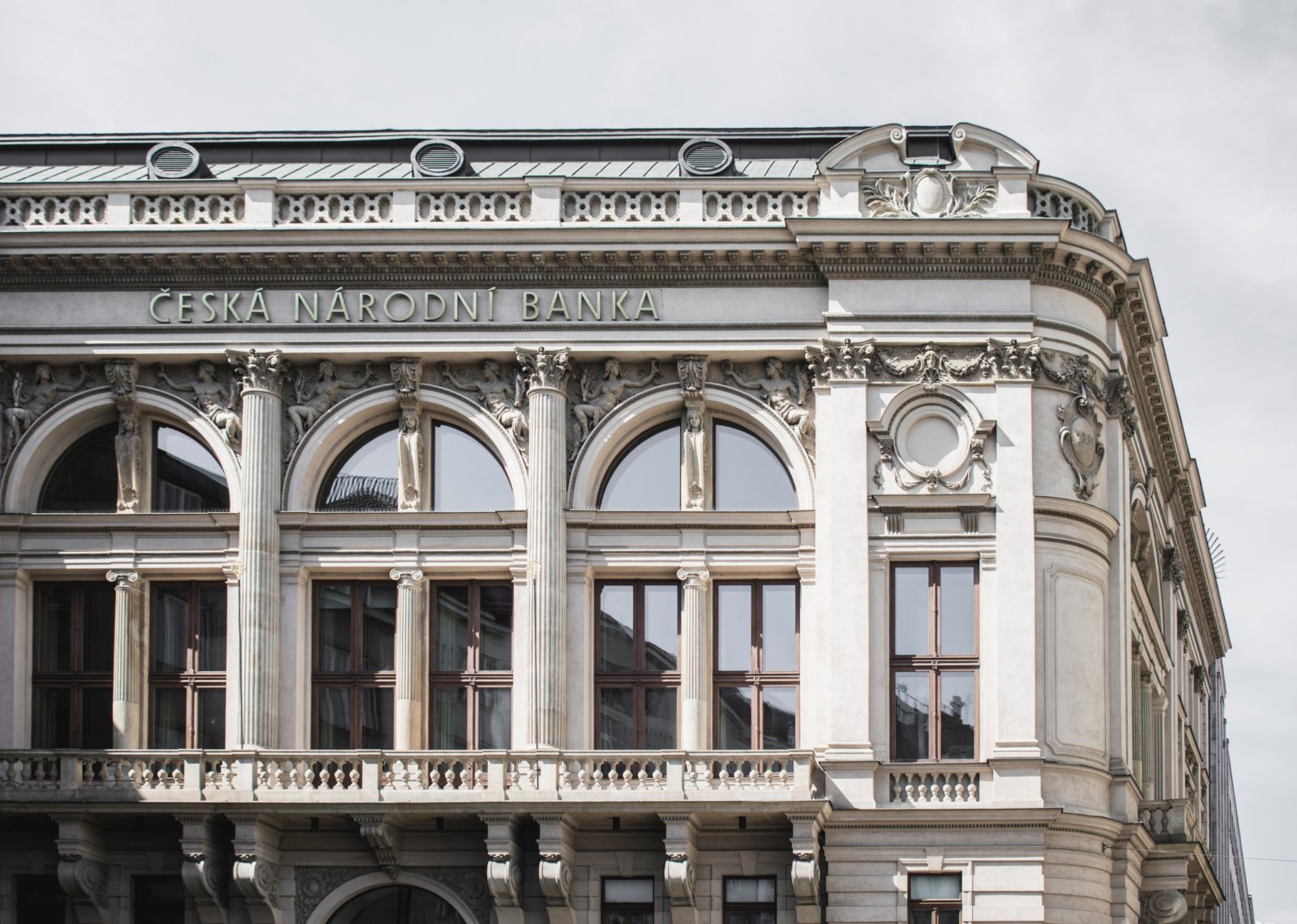On Thursday, during its monetary meeting, the Czech National Bank (CNB) decided to keep its base interest rate unchanged at 7%. The central bank’s interest rates have been at the same level since June last year. The CNB also formally announced that it had ended its intervention regime to support the currency exchange rate.
Two other rates, the discount rate, and the Lombard rate, remain unchanged at 6% and 8%, respectively. The Lombard rate is the percentage rate at which commercial banks can borrow money from the central bank against the pledge of securities, while the discount rate, for example, is linked to penalties for unpaid loans.
In a press release, the CNB stated that it has not intervened in the foreign exchange market against the weakening of the crown since October 2022. The bank’s board has formally terminated the intervention regime announced in May 2022 and resumed selling part of the profits from foreign exchange reserves. The CNB will always defend excessive fluctuations in the crown’s exchange rate, endangering price or financial stability, whenever the bank’s board deems it necessary, within the framework of the floating exchange rate regime.
Although stability in interest rates is not surprising, there is less agreement among analysts regarding the CNB’s future actions. While some expect a rapid rate reduction only at the beginning of 2024, Ebury analysts expect the first rate cut already during the last quarter of this year.
Later in the afternoon, CNB Governor Ales Michl introduced the summer macroeconomic forecast at a press conference. The outcome of the press conference should provide insight into when and to what extent the central bank will start reducing interest rates.
What Does This Mean?
The CNB’s decision to keep interest rates unchanged aligns with market expectations, but analysts have varying opinions on the bank’s next moves. While some predict a future rate reduction, others expect rates to remain the same.
The CNB’s decision to end its intervention regime to support the currency exchange rate is a significant step towards allowing the crown’s exchange rate to be determined by market forces. This decision shows confidence in the Czech economy and its ability to withstand fluctuations in the exchange rate.
Impact on Investors
The CNB’s decision to keep interest rates unchanged is good news for investors looking for market stability. However, the future direction of interest rates is still uncertain, and investors should remain cautious and monitor any developments closely.
Investors should also keep an eye on the currency exchange rate of the crown, which may experience fluctuations as the CNB’s intervention regime ends. Nevertheless, the CNB’s decision to defend excessive volatility in the crown’s exchange rate should provide some measure of stability.





